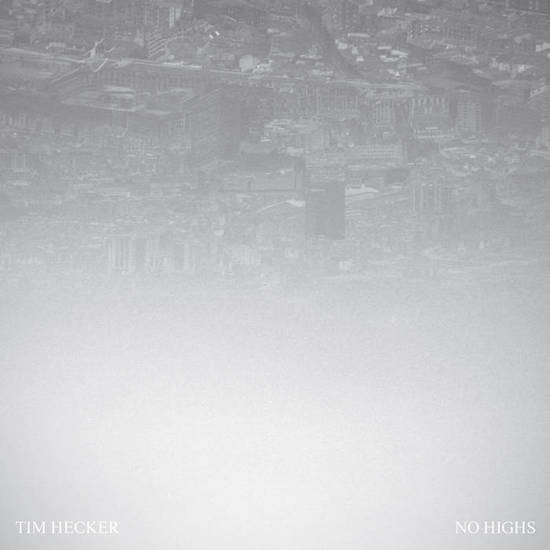Throughout his career Tim Hecker has consistently rejected any lazy keywords like ‘ambient’, ‘experimental’, and ‘noise’ that might be used to pigeonhole his music. Even the term ‘music’ might be starting to make him feel uneasy by now. If there was any underlying motif that recurs in his substantial body of work, it would have to be a fascination with the shapeless and formless things that defy simple classification.
Another major aspect of his elusive artistic identity, evident from both his musical output and academic research – is the primacy of hearing in his hierarchy of the senses. In much the same way as the Protestants split away from Catholic visual culture in favour of a more austere aural tradition, Hecker rejects corporate visual culture – elevating sound as the most effective carrier of twenty-first-century tensions.
While an admittedly extravagant analogy, the comparison between the Reformation and Hecker’s ethos does hold up. From playing in Icelandic churches, to 2016’s spliced-up choral experiment, Love Streams, Hecker has long toyed with religion as a kind of ironic muse, exploiting its inherent gravitas while simultaneously leading the listener toward what he once called (in an interview with the Red Bull Music Academy), “the empty husk of a dancing promise of God.”
Hecker utilises sound and space in a more pragmatic way than the church has historically tended to. Rather then attempt to evoke some kind of mystical experience, he would prefer to strip listeners of their egos and low-frequency thoughts.
Hecker has a good go at this with his eleventh studio album, No Highs. He continues his tradition of transmuting the raw material of conventional instrumentation into beautifully disfigured aural sculptures. No Highs presents an expansive and varied sonic palette, diffused with various shades of aching anxiety and quiet desolation.
On the track ‘Total Garbage’, for example, the fading strings and sax create a sense of unattainable longing. They sound gothic, grainy and monochrome in all their accents. While in ‘Lotus Light’, dynamic pitch shifts revolve and intwine around pillars of oscillating bleeper loops, as agogic wails contort in an orbit of musical debris. In ‘Monotony II’ an impressionistic tension between the organic and artificial is hinted at with the fluttering modal sax of Colin Stetson dancing over pulses of morse code.
Throughout the record, there is a feeling of something threatening in the air – but not threatening enough to kill. Something hopeful, but not enough to uplift. There is a sense of restlessness and transience in the loops stretched to their limits, and the granulated notes that get washed up on the peripheries of pieces like strange and lonely driftwood.
No Highs is a fitting name for the record – as well as for Hecker’s approach in general. There are no crescendos or sections that wrestle for attention, but rather, an ever-shifting soundscape that swirls and swims like a starling murmuration. The shapes it makes in the air are often wounding, but also graceful. And like all of his work, it is devastating in the best way possible.


